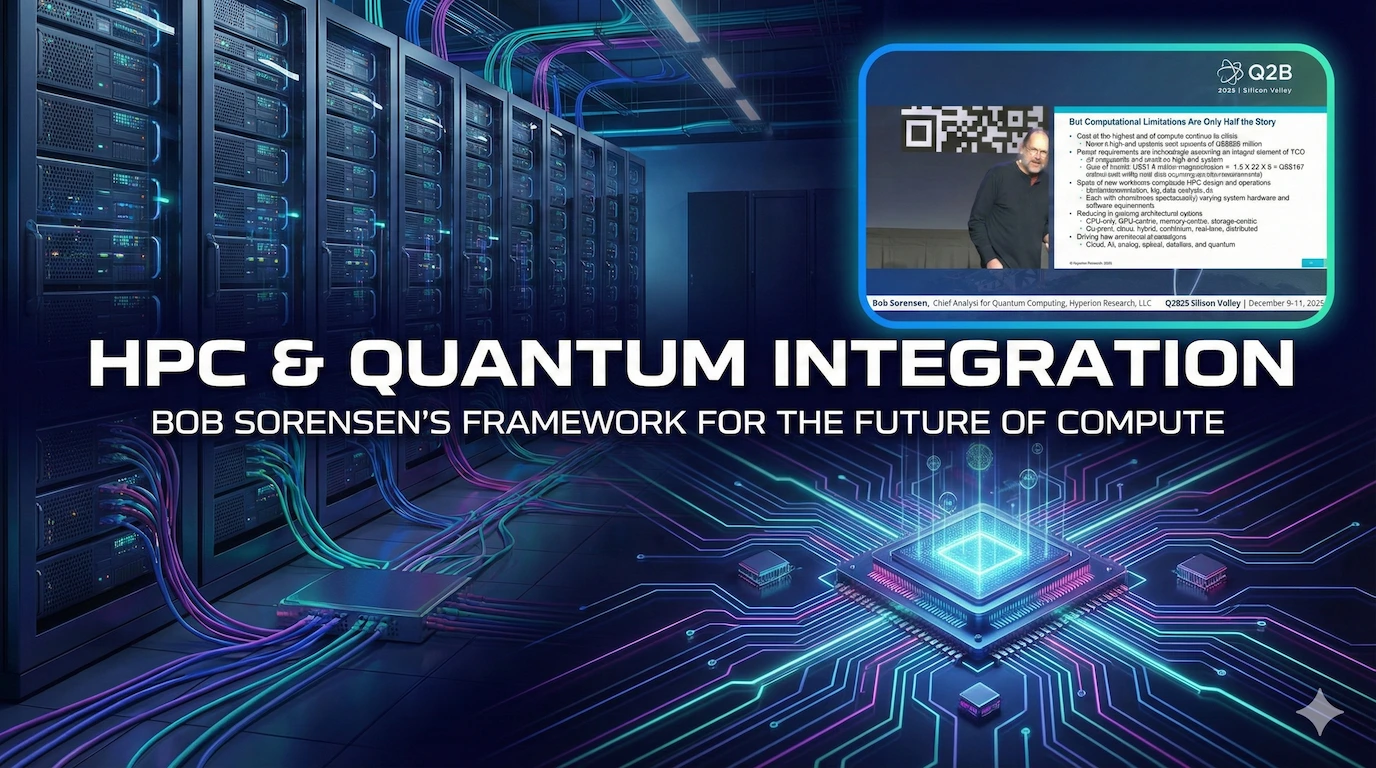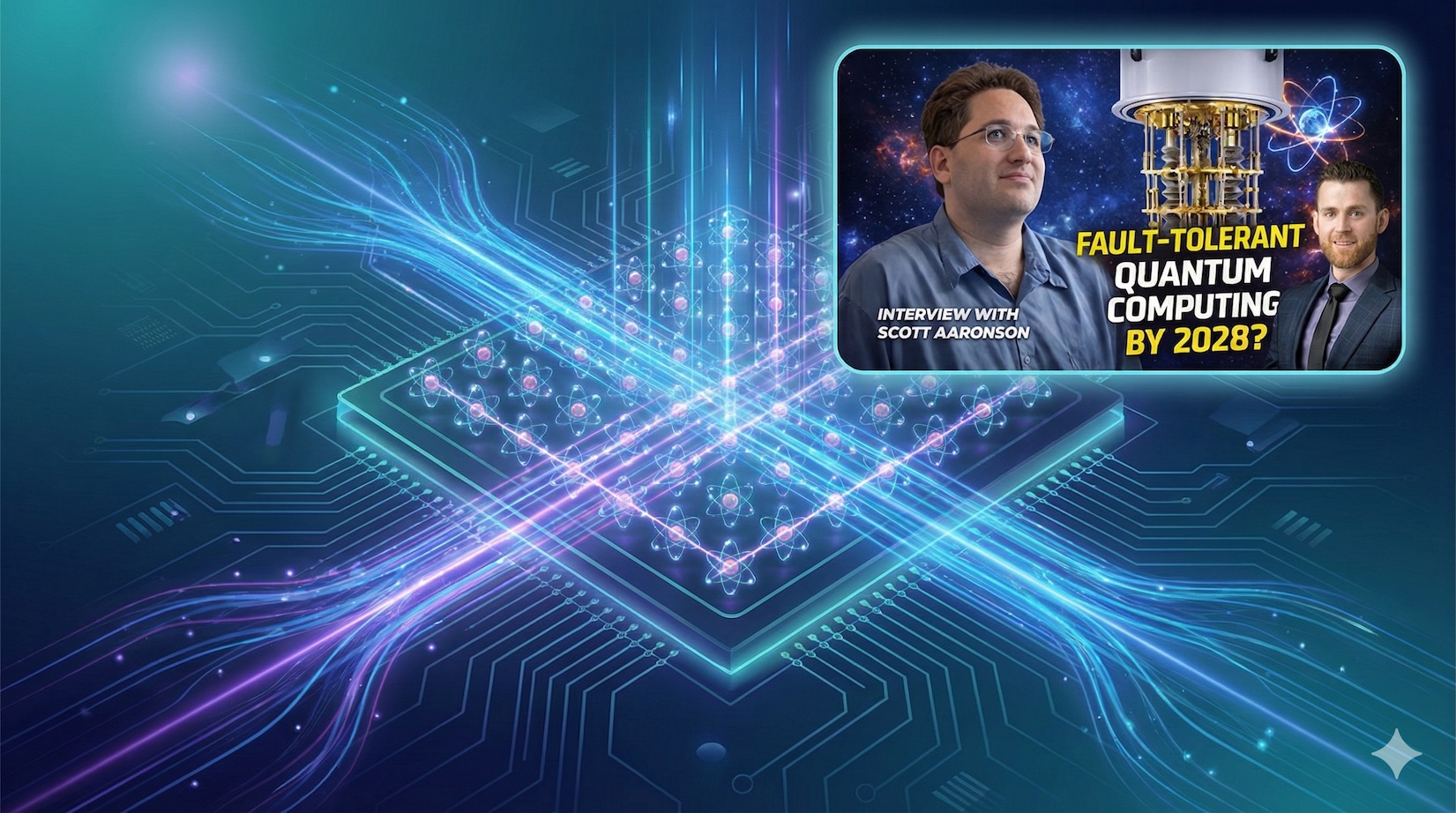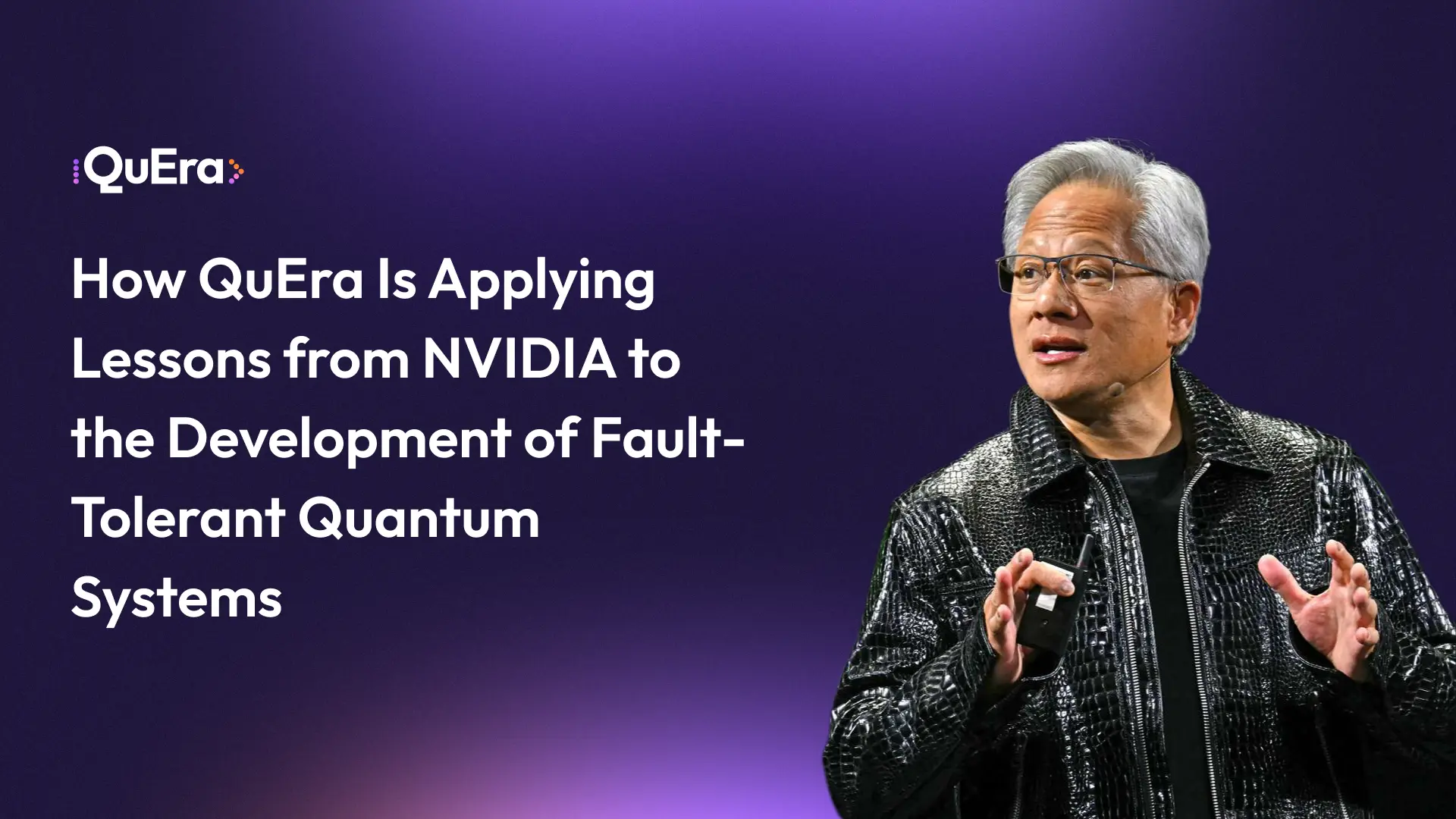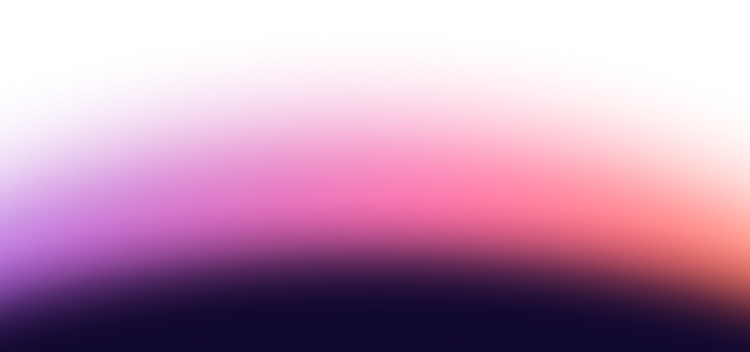Here are some scientific papers that caught our eye this month:
Decomposing and Routing Quantum Circuits Under Constraints for Neutral Atom Architectures
As we often stress at QuEra, hardware-efficient and effective controls are as important for scaling quantum computers as qubit number and coherence. In this work, the authors design a compiler while considering the possibility of non-local entanglement via atom shuttling. The authors demonstrate advantages in circuit duration (up to 10x) and overall fidelity (up to 2x) when compared with routing of quantum information via SWAP gates.
Enhancing variational Monte Carlo using a programmable quantum simulator
Sampling and quantum simulation have been identified as key applications of quantum computing, with a chance of being some of the first to demonstrate quantum advantage. Here, the authors consider the use of neutral-atom hardware to improve the simulation of quantum matter by improving the performance of variational Monte Carlo. While finding advantage via this specific approach relies strongly on the analog computer being well-aligned with the simulated quantum system being simulated, the method convenient circumvents the need of perfect qubits and fidelities, showcasing value for the hybrid operation of quantum-classical computers.
Constant-Overhead Fault-Tolerant Quantum Computation with Reconfigurable Atom Arrays
A great collaboration between U of Chicago, Harvard, QuEra, Caltech, and U of Arizona. Quantum low-density parity check (qLDPC) codes represent a leading strategy for quantum error correction, due to the lowering of overhead in qubit numbers needed to achieve good code distances. Shuttling and rearrangement of neutral atoms come to the central stage, as the authors demonstrate that this feature can be leveraged for constant overhead syndrome extraction. The authors estimate that as few as 3000 qubits would be enough to make this qLDPC encoding outperform 30,000 qubits correcting errors via the surface code.
Quantum-Informed Recursive Optimization Algorithms
Commercial adoption of QuEra’s computers continues. The authors, led by BMW, develop here a so-called quantum-informed recursive optimization (QIRO) algorithm for quantum optimization, demonstrating the solution of large instances of maximum independent set problems using QuEra's Aquila. The authors verify performance comparable with classical heuristics, even with non-error-corrected and non-error-mitigated quantum resources, and highlight that the modular architecture of QIRO enables the algorithm to be modified to generate a broader class of hybrid quantum-classical optimizers.




.webp)


.webp)


